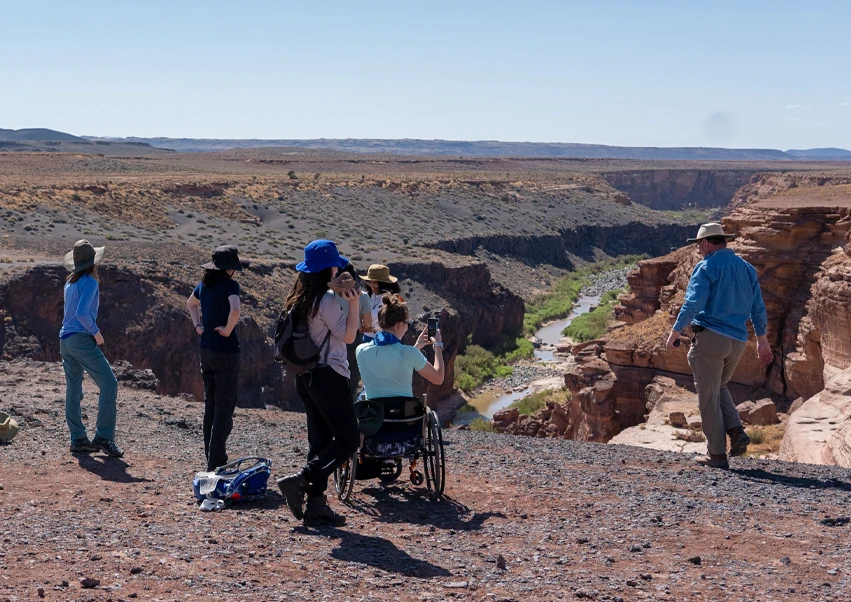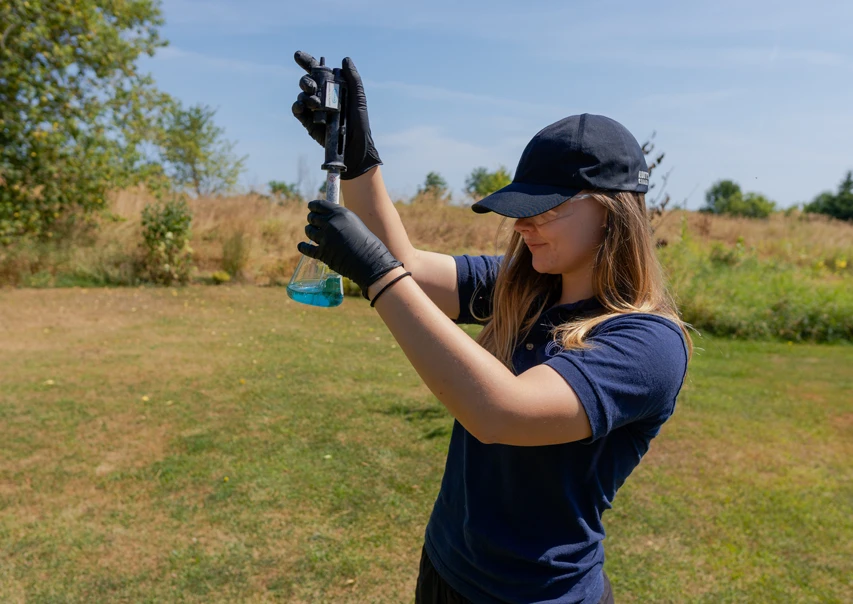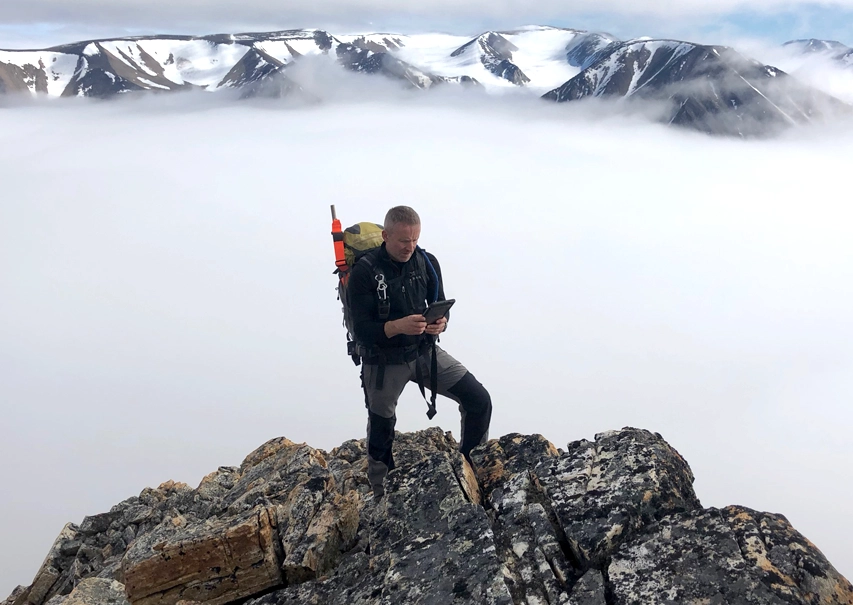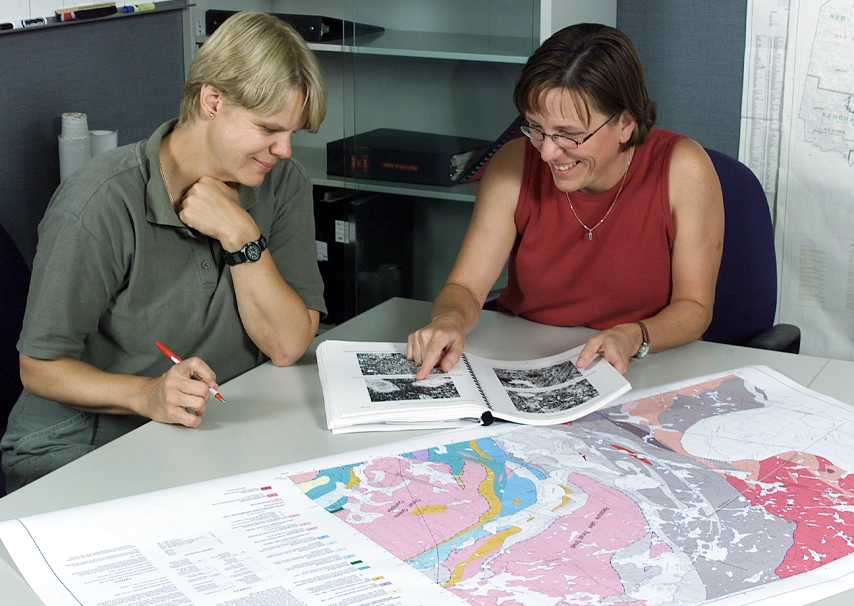Earth Science Guide for Teachers
Earth Science integrates all sciences, and is the key to unlocking the planet’s past and finding pathways to a sustainable future.
Why is it important?
At a time when our way of life is threatened by the way we live, Earth Scientists are working to solve some of society’s biggest challenges.
What is Earth Science like?
Definitely not just ‘rocks for jocks’; Earth Science has evolved to include a multitude of natural & physical sciences, embracing a much wider scope of interests and people, with a focus on water, the environment, natural hazards, natural resources, and energy. Earth Science careers align with a broad range of aptitudes, incorporating traditional tools with innovative technology.
What role can they play?
Many careers exist within the geosciences, from the subsurface to the skies. Since the Earth Sciences are a mix of so many different sciences, students can explore a long list of jobs. This also means the range of skills and interests students bring forward will benefit the Earth Sciences, as individuality, creativity, and diversity are essential components to the work. They can become ‘solutionaries’ – bringing innovative future-thinking solutions to society’s challenges.
What’s in it for them?
There is so much potential for adventure, discovery, and reward within an Earth Science career! Whether their goal is to contribute to society, ensure a stable career, and/or achieve a good work/life balance, Earth Science can help graduates reach their full potential. With more education, along with mentorship from the Earth Science community, graduates can benefit from a range of pay, prospects, and perks.
Where can they learn?
Just like the Earth, schools are dynamic and ever-changing. A wide range of schools across Canada now offer Earth Science based (or related) programs & courses, for different levels of learning and outcomes depending on career goals. Various universities, colleges, and technical schools can help students get trained and certified for any number of jobs within this extensive industry. They want to help educate Canada’s future Earth Scientists!
Ready to rock?
To learn more about how to get on your way, reach out to those in the know.




